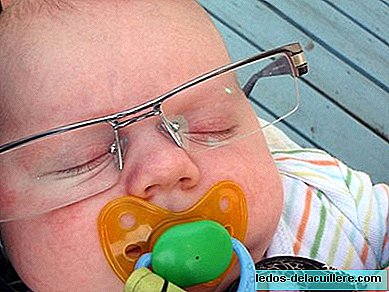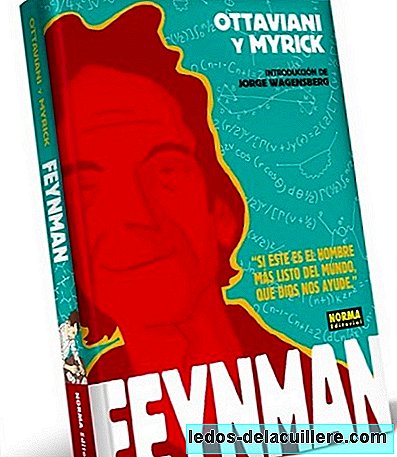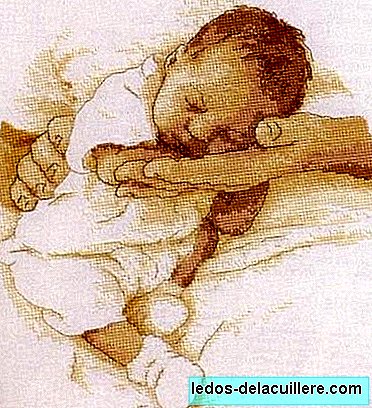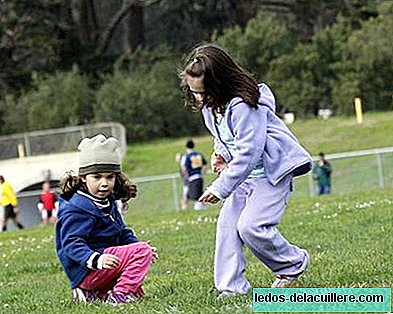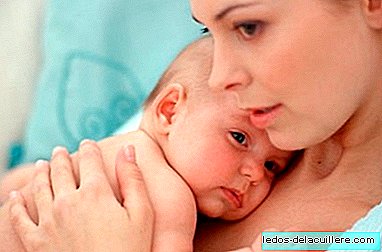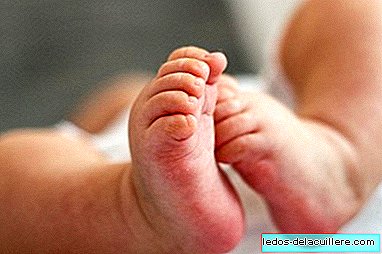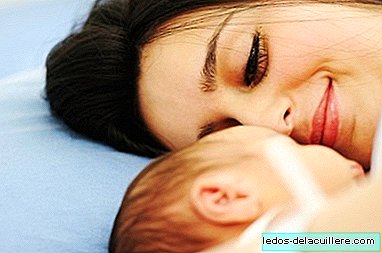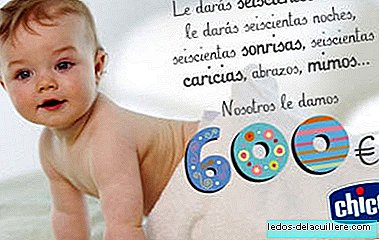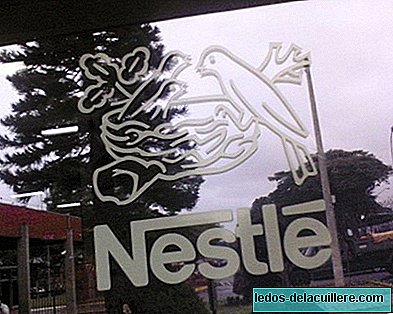
On February 2 of this year, a Nestlé advertisement was published in the journal "Annals of Pediatrics" of the Spanish Association of Pediatrics recommending a breast milk substitute (in the case of babies born by caesarean section).
This was the reason that months later, 60 percent of the members of the Breastfeeding Committee of the Association presented their resignation. The reasons? I see it very clearly, but for broadening the Committee's vision a bit: this announcement promotes artificial breastfeeding, when the best for all newborns (whatever their way of birth) is breast milk.
In the midst of the uproar that caused the news, some of the members of said Committee suggested to the Board of Directors of the AEP that the relations with the food industry (especially with the manufacturers of milk for infants) be reviewed. Now it is El Parto es Nuestro (EPEN), who has denounced the published announcement before the Director General of Public Health, and He has done so in defense of the health protection of newborns and their mothers, thus showing its clear social commitment.
The scientific evidence is overwhelming regarding the benefits that natural breastfeeding represents for the health of babies and mothers compared to the artificial one. However, Nestlé tries to give credibility to the properties to reduce diseases attributed to its product "Nidina premium 1 milk for infants" citing a series of scientific literature that supposedly supports the preference for this product in the case of babies born by caesarean section
However, the studies that the company cites have one of these characteristics: do not reach the established conclusions (or claim otherwise); others are poorly designed or have a very small sample that cannot offer relevant results; There are also some paid by the industry concerned and even in the announcement the information that - within the same studies - completely detracts from the advertiser's message has been omitted.
We are therefore facing a biased use of scientific documents that do not comply with the provisions of current regulations, offering information lacking objectivity and rigor, in order to make believe that (for those born by caesarean section) artificial feeding with the advertiser's preparation, represents some health advantage, and this is not supported by scientific evidence.
This announcement is especially burdensome, since the image of an extraction of a baby by caesarean section is used, which together with the text, helps to normalize the medicalization of the birth at its best

The complaint, which will also be filed before the competent bodies of the different autonomous communities, aims to make visible the continued violation of Article 9 of the R.D. 867/2008, of May 23, which approves the specific sanitary technical regulation of infant formulas and continuation preparations, dedicated to the presentation and advertising of this type of products, which establishes among other things that The information contained in these types of advertisements must contain objective information of a scientific nature.
I allow myself to rescue from the documentation that I have found in EPEN, the finding that in the publicity denounced, the mother is absent, and this seems contrary to the promotion of health strategies related to birth and breastfeeding.
Images | Pedro Angelini, Telasmoteca More information | EPEN In Peques and More | 'Birth and the economy' as the motto of the World Week of Respected Childbirth, Breastfeeding is one of the most effective ways to ensure the health and survival of children


